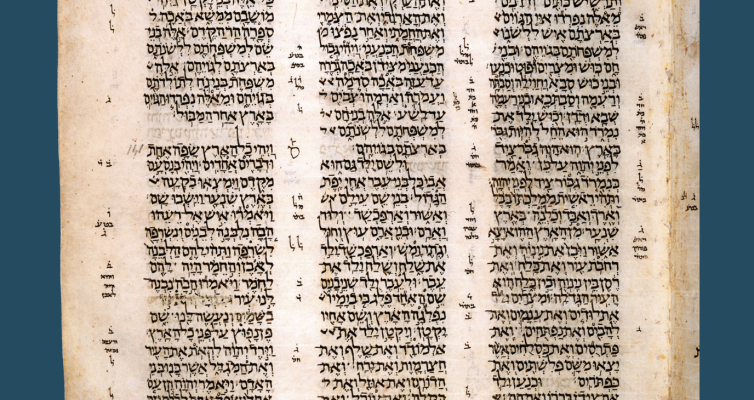Maarav Journal

Maarav, an academic journal for the study of Northwest Semitic languages and literatures, under the editorship of Simeon Chavel, Associate Professor of Hebrew Bible in the Divinity School and the College and Associate Faculty in the Department of Near Eastern Languages and Civilizations and the Center for Middle Eastern Studies, has recently moved to the University of Chicago Press. The journal shares research on ancient inscriptions and literature written in Hebrew, Aramaic, and related languages from the lands of the eastern Mediterranean, in modern day Turkey, Syria, Lebanon, Israel, the Palestinian Territories, and Jordan.
Readers of Maarav can expect to encounter a wide range of articles on Northwest Semitic languages and literature from historical, social, cultural, and literary forms of inquiry. In the most recent issue, scholars take up key theoretical and methodological questions for the field, including the how the alphabetic script originated, the wide range of people and professions that produced writing, and important figures in the repertoire of inscriptions. According to Prof. Chavel, the issue also raises questions “about the moral and evidentiary challenges that can be posed by inscriptions, for instance, whether and how to analyze a scholar’s hand-copy of a missing inscription that had a sketchy provenance to begin with.”
The University of Chicago has long been a leader in the field of Northwest Semitics and a number of Prof. Chavel’s colleagues in the Divinity School and the Department of Near Eastern Languages and Civilizations serve on Maarav’s editorial board. Carolina López-Ruiz (Professor of Ancient Mediterranean Religions and Mythologies in the Divinity School, Department of Classics, and the College and Director of Undergraduate Studies in the Divinity School), James Osborne (Associate Professor of Anatolian Archeology and Deputy Department Chair of NELC), Dennis Pardee (Henry Crown Professor of Hebrew Studies in the Department of NELC), and Jeffrey Stackert (Professor of Hebrew Bible in the Divinity School, the College, and the Greenberg Center for Jewish Studies, Director of MA Studies in the Divinity School, and Associate Faculty in the Department of Classics and NELC) will all aid Prof. Chavel in shaping Maarav’s future direction.
Maarav is available online through the University of Chicago Press.
“Working with the University of Chicago Press has many benefits,” said Chavel. “They are close by and available, they have deep experience with Maarav’s scholarly needs, and their user-friendly website also allows authors to post materials and aids that could not make it in print, like manipulable 3D images of inscribed objects and complex maps of archaeological sites.”

